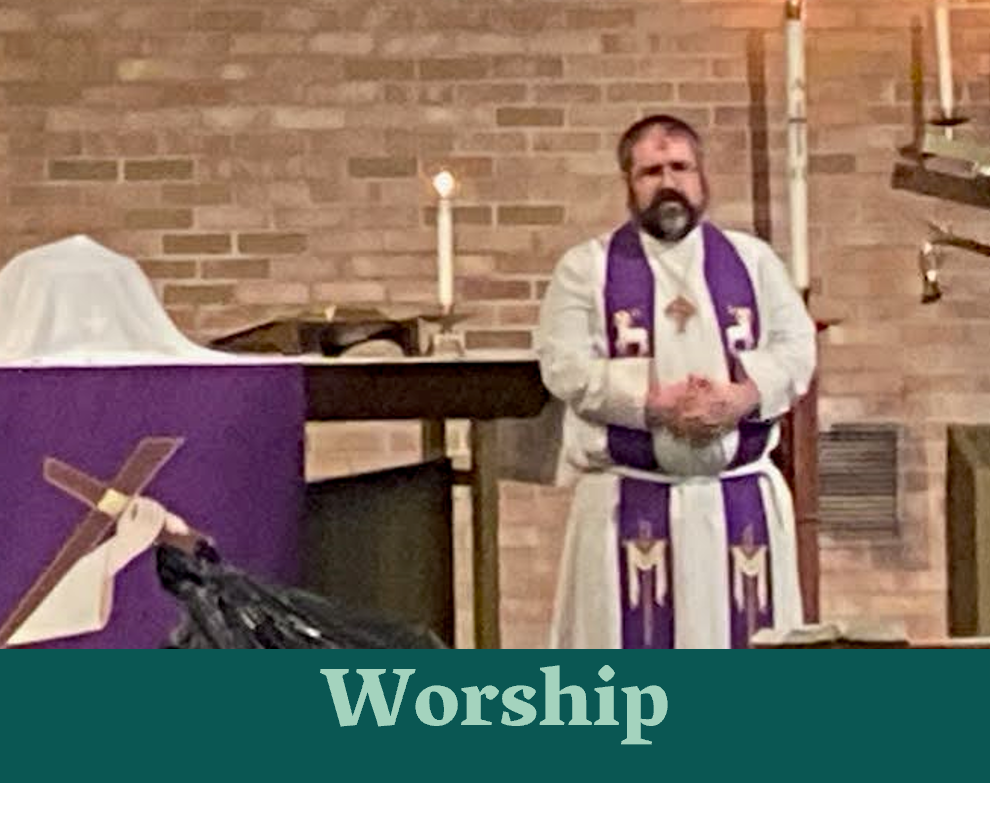Committed to What?
Nineteenth Sunday after Pentecost: Epistle, James 5:13-20
James 5:13-20
Recently I heard a pastor online speaking about the issue of seeing the Bible as a true authority. Our final authority. For in Scripture, we read and hear the voice of the living God who has chosen to reveal Himself and his holy will to us in human language. Those are wonderful ideas and we speak and write about them in the environs of the Church frequently. But….
Does it end there? With the discussion, I mean. We can entertain such concepts on paper and in addressing one another. But when it comes down to day to day life, is it really authoritative? Or do we seek or allow other sources primacy of place? James is filled with godly exhortations and they are all for our benefit. Because they are the Word of God, we hear His voice and we have but one response, one proper response. “Yes, Lord, I believe. And I will do what You say.”
Look at our text: “Let him pray.” “Let him sing psalms.” “Let him call for the elders of the church, and let them pray over him, anointing him with oil in the name of the Lord.” All these directives come in response to various ills and challenges. But these are first line responses, not last resort. And they are never to be ignored. How do we do? There are more and for each one received we can and should assess how we have responded and how we are currently following the instructions given. It just so happens that all of these have to do with some form of prayer. As a good case study, if God’s people aren’t responding properly to God’s instructions on this issue, we must seek the Lord to grant us repentance.
Question: Is God’s Word truly our authority? Answering the question isn’t difficult. Facing the truth might be. Lord, have mercy.





